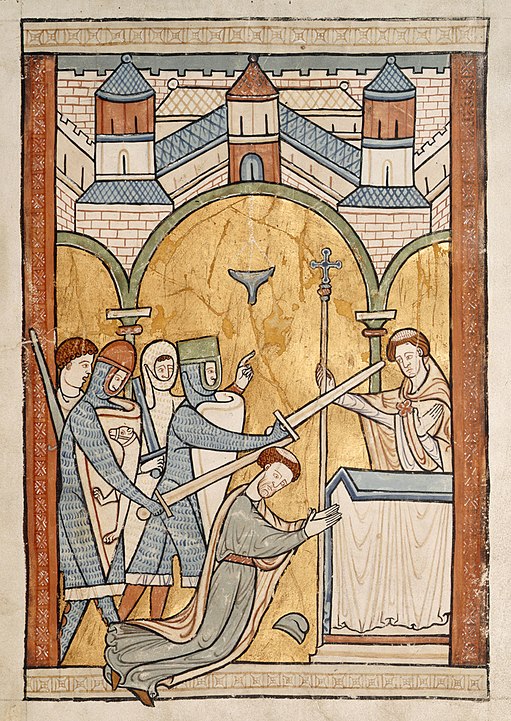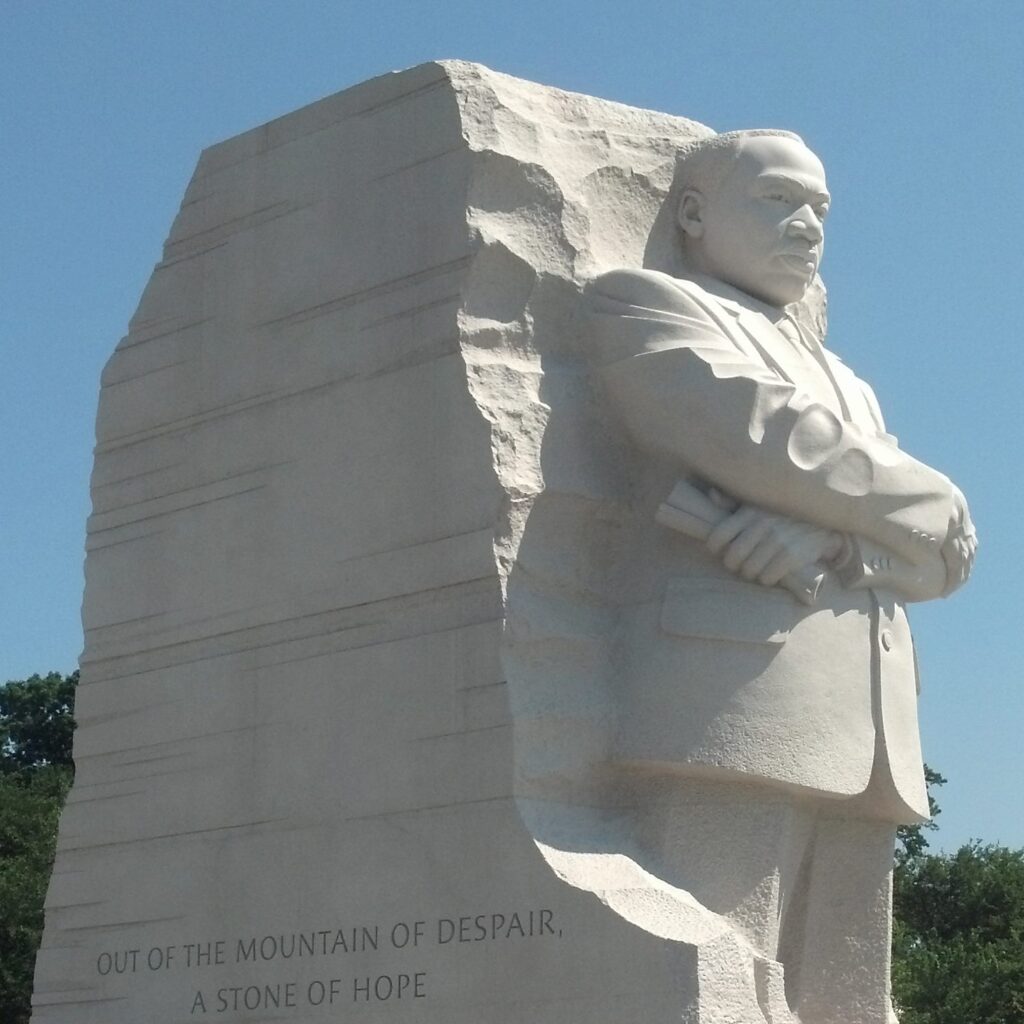December 1170: Henry II of England, furious over the resistance of the Archbishop of Canterbury, cries, “Will no one rid me of this meddlesome priest?”1
While there is some question as to exactly what Henry said, there is no question that his words were incendiary, and no doubt about the result: four of his knights, considering themselves commissioned by their king, went to Canterbury Cathedral and hacked the “meddlesome priest”2 Thomas à Becket to death.
So was Henry just blowing off steam, or exercising his free-speech rights? Or was he, consciously or not, ordering the martyrdom of Thomas à Becket?3 Both Europe at the time, and the verdict of history, put Becket’s blood on Henry. In order to save his soul (and put himself and his kingdom back in good terms with the Church), Henry performed a rather spectacular public penance.
Washington, February 2021: As I understand it, one of the defenses made by apologists for Trump’s inciting his followers up to and including the January 6 Capitol insurrection is that he didn’t really mean what happened to happen. He was just exercising his First Amendment rights.
In a criminal proceeding, that defense might work. But an impeachment trial is not a criminal proceeding. US Presidents have access to the biggest bully pulpit in the world, and should be held to account for the consequences of their words.
Rome, all Europe, and history impeached4 Henry II. The House has done the same with Trump. Conviction in the Senate won’t bring back the victims of the Capitol insurrection, but it might be a minimum appropriate penance for America’s most irresponsible President.
Notes:
- In one version of the story, anyway. In another, “meddlesome” is replaced by “turbulent.” According to another, what he said was, “What miserable drones and traitors have I nourished and promoted in my household, who let their lord be treated with such shameful contempt by a low-born clerk!” ↩
- Or “turbulent priest,” “low-born clerk.” ↩
- On the plus side, Canterbury’s status as a shrine provided the opportunity for Geoffrey Chaucer to relate the wonderful Canterbury Tales as a frame story set on a pilgrimage there. ↩
- “Impeach” isn’t simply an American political term. See https://www.merriam-webster.com/dictionary/impeach. ↩



